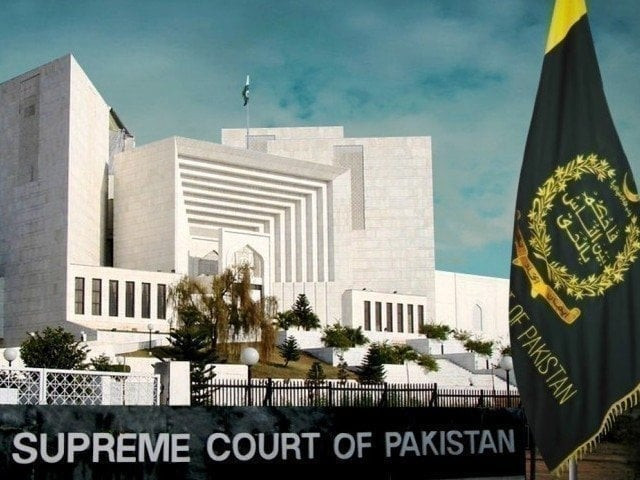Islamabad:
In case of dissolution of a marriage, the maintenance amount that a mother obtains from her ex -husband for a child depends on both nature and the “reasonable requirements” of the child’s child and the financial means.
In a recent five -page verdict, the Supreme Court has established guidelines to determine the maintenance amount that will be received for a child after the dissolution of a marriage.
The president of the Supreme Court of Pakistan Yahya Afridi and Judge Shakeel Ahmad heard the case with Judge Junior who wrote the verdict. The trial pointed out that maintenance traditionally includes food, clothing and accommodation. However, this list is not exhaustive.
He said that, given the evolutionary social standards and the general principle of the welfare of the minor, the term must be interpreted widely to cover all the reasonable expenses necessary for the child’s physical, mental and emotional development. “This includes, among other things, educational costs, medical care and other needs, consisting of natural growth and the comfort of the child,” said the verdict.
He said that the amount provided must reflect the social status of the family, ensuring that the child is not deprived of development and well -being opportunities only due to the dissolution of marriage.
“The second consideration refers to the father’s financial capacity to keep the child. According to Islamic principles, the maintenance obligation is generally subject to certain conditions.”
According to the verdict, first of all, the child must be necessary. If the child has sufficient independent meaning for his own support, the father’s duty to provide maintenance does not arise.
“Secondly, the child must be unable to win due to the minority or disability. Thirdly, the father must possess the means to provide such maintenance,” he said.
The sentence pointed out that, although most Islamic thinking schools agree that the father’s financial capacity is a necessary previous condition, the Hanafi School argues that, in the case of children, the obligation to maintain arises, regardless of real wealth, provided that the father has the ability to win.
He said that the mere fact that the father is not working, in the absence of serious mental or physical challenges, cannot be admitted as a valid justification for his inability to download the maintenance obligation to his children.
“In circumstances in which the father lacks the means to provide maintenance and is unable to win due to genuine limitations, the duty to keep children can turn the mother if it is in a financial ease position.
“If none of the parents have enough means, the obligation can be extended to the paternal grandfather, subject to their financial capacity to support children,” he added.




